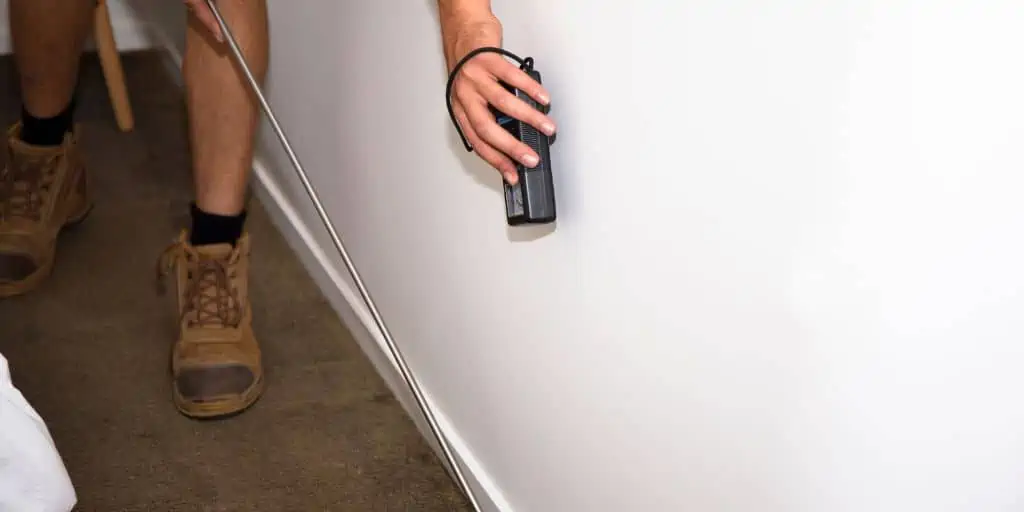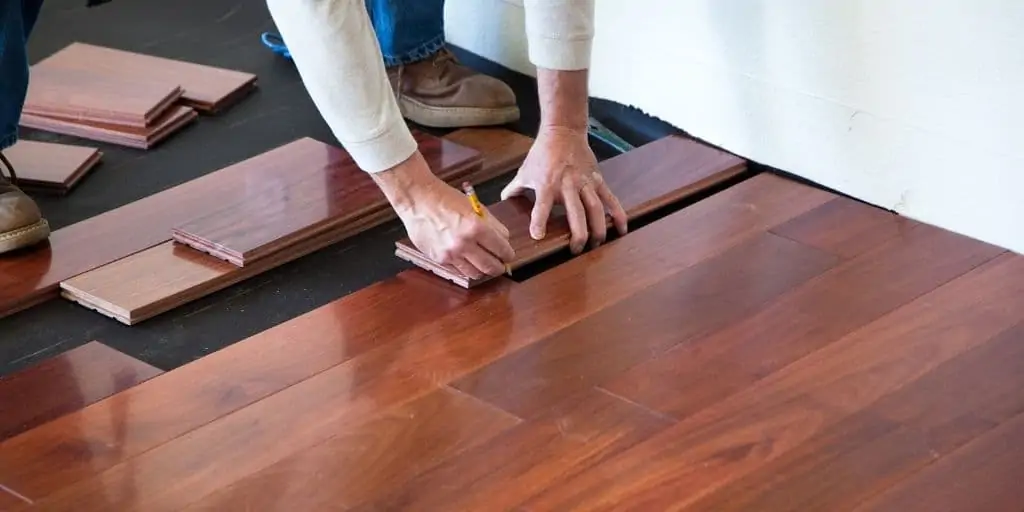What Is Broker Price Opinion (BPO)?
Shortcuts
- A broker price opinion is a real estate agent’s or broker’s best-educated guess on a house’s price based on their research.
- People use a BPO for several reasons (such as determining prices for short sales, foreclosures, and home loan sales) or for assessing the value of assets.
- Lenders, homeowners, and mortgage servicers usually request BPOs.
- A broker price opinion costs less money and time than home appraisals, but it isn’t as precise.
- A BPO is like a comparative market analysis (CMA), only that anyone can do a CMA, but only licensed agents or brokers can do a BPO.
Why Use a BPO?
You use a BPO to help figure out a property’s current market value for different purposes.
These can include:
- Property sales. Sellers can use a BPO to set a ballpark asking price. Buyers can use it to come up with a reasonable offer.
- Loan modification. Lenders can use a BPO to judge a property’s current market value when thinking about changing the terms of a loan.
- Short sale. Lenders may use a BPO to decide if they’ll approve a short sale.
- Estate planning. Estate planners can use a BPO to help determine a property’s value for things like inheritance tax.
A broker price opinion is also handy for requests to remove private mortgage insurance (PMI)[1], valuing assets and portfolios, and selling whole loans, as well as performing and non-performing ones.
BPOs cost between $50 and $300, which is much cheaper than a full appraisal. They’re also quicker to complete.
Despite their benefits, BPOs don’t provide as much detail as full appraisals, so they may not be the best choice for every situation.
How a BPO Is Made
A real estate agent or broker creates a BPO by comparing similar sold and active properties[2]. They also take into account factors not usually considered in a comparative market analysis, like zoning regulations.
Real estate professionals can do two types of BPOs: internal and external.
In an internal BPO, the agent or broker goes inside the house. They measure rooms, note the features, check for damage, and confirm important details like how many rooms there are.
On the other hand, in an external BPO, the agent or broker estimates the property’s market value by taking photos of the property from the outside. This is one reason some brokers also call external BPOs “drive-by BPOs.”
How Accurate Is a BPO?
A BPO, especially the internal type, can be accurate. But it’s not the most reliable way to estimate a property’s value. Since it usually takes less than a day to finish, it may not be long or comprehensive enough to truly figure out a property’s worth.
Even so, a BPO’s insights are often good enough for certain purposes, especially since experienced real estate professionals do them. Some state laws even specify who can do a BPO to ensure the reports are of the highest possible quality[3].
Who Requests a BPO?
Homeowners, home loan lenders, and mortgage servicers commonly request a broker price opinion.
Homeowners may need a BPO for reasons like applying for refinancing or deciding a reasonable selling price for their house.
Mortgage loan originators find BPOs useful to avoid the cost and wait time of a full appraisal. They make use of BPOs for evaluating PMI removal requests, marketing foreclosed homes or listing unsold ones, and selling loans to institutional buyers[4].
Mortgage servicers use a broker price opinion to help homeowners in financial distress choose a suitable loan modification option[5].
BPO vs. CMA
A licensed agent or broker creates a BPO, but anyone can carry out a comparative market analysis[6] to understand the price of a specific house on the market.
Although real estate professionals can conduct CMAs more efficiently due to their resources, regular home sellers and buyers can also perform a CMA.
Any home seller or buyer can analyze comparables to understand people’s willingness to pay, the upper price limit, and the desired per-square-foot price, based on closed, expired, and active listings.
On the other hand, only real estate professionals conduct BPOs. These reports disregard expired listings and limit the use of sold and active comparables from the last six months within a one-mile radius unless there’s a strong reason to include them.
BPO vs. Appraisal
While a BPO estimates what a property can sell for, a home appraisal is an impartial evaluation of the property’s value by a professional appraiser.
Professional appraisers have a higher level of expertise in property valuation[7] compared to regular real estate agents or brokers.
Furthermore, since agents and brokers earn a commission from deals they close[8], they may be inclined to value a piece of property as high as possible. Appraisers, on the other hand, don’t earn based on the sale prices of the homes they appraise.
As BPOs can be made more quickly than appraisals, many borrowers use them to show their loan-to-value ratio has fallen to at least 80%. However, it may not adequately reflect any equity from home improvements.
Conversely, an appraisal is expensive and time-consuming. Sometimes, its fees may even outweigh the savings from early PMI cancellation.
If both a BPO and a home appraisal are ordered, the BPO typically plays a supplementary role to the appraisal.
Sources
- Breaking down PMI. (n.d.) My Home by Freddie Mac®. Retrieved from https://myhome.freddiemac.com/buying/breaking-down-pmi
- Real Estate Comps: How to Find Comparables for Real Estate. (2021, November 1.) Zillow. Retrieved from https://www.zillow.com/sellers-guide/real-estate-comps/
- Shindle, K. (2018, July 20.) Understanding the new BPO law. Pennsylvania Association of Realtors®. Retrieved from https://www.parealtors.org/understanding-the-new-bpo-law/
- Who buys up mortgages on the secondary market? (2022, November 24.) HowStuffWorks. Retrieved from https://home.howstuffworks.com/real-estate/selling-home/who-buys-mortgages-on-secondary-market.htm
- Akin, J. (2023, January 12.) How Can I Get a Mortgage Modification? Experian. Retrieved from https://www.experian.com/blogs/ask-experian/how-to-get-a-mortgage-modification/
- Linsell, C. (2022, December 1.) How to Do a Comparative Market Analysis: A Step-by-Step Guide. The Close. Retrieved from https://theclose.com/how-to-do-a-comparative-market-analysis/
- Nesbit, J. (2022, February 28.) How to Become a Real Estate Appraiser. U.S. News. Retrieved from https://realestate.usnews.com/real-estate/articles/how-to-become-a-real-estate-appraiser
- Tromler, C. (2022, November 9.) How Do Real Estate Agents Get Paid: All You Need to Know. UpNest. Retrieved from https://www.upnest.com/1/post/how-do-real-estate-agents-get-paid/










